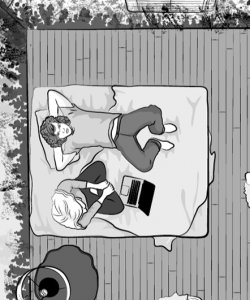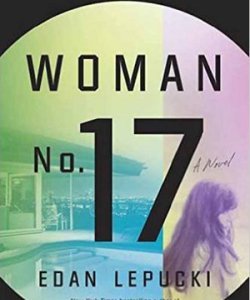
Our annual Writing Contests Issue features a close look at five awards programs with a focus on social justice, a special report on the future of arts funding under Trump, and nine authors on the life-changing support of NEA fellowships; plus an interview with Lidia Yuknavitch on her new dystopian novel, The Book of Joan; a close reading of the 1950 Pulitzer Prize jury letter about Gwendolyn Brooks; a Q&A with Parul Sehgal of the New York Times Book Review; Laura Maylene Walter on the writer’s quest for reassurance; agent advice; writing prompts; more than 100 contests with upcoming deadlines; and more.


















